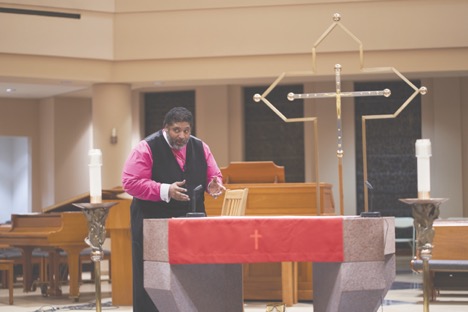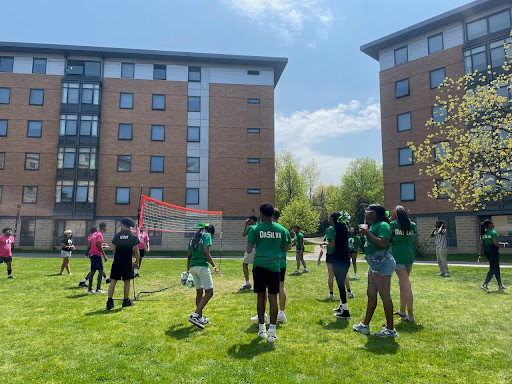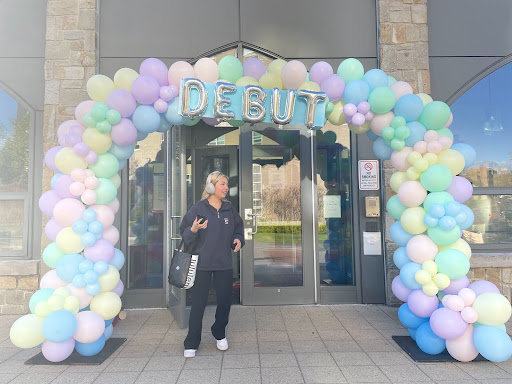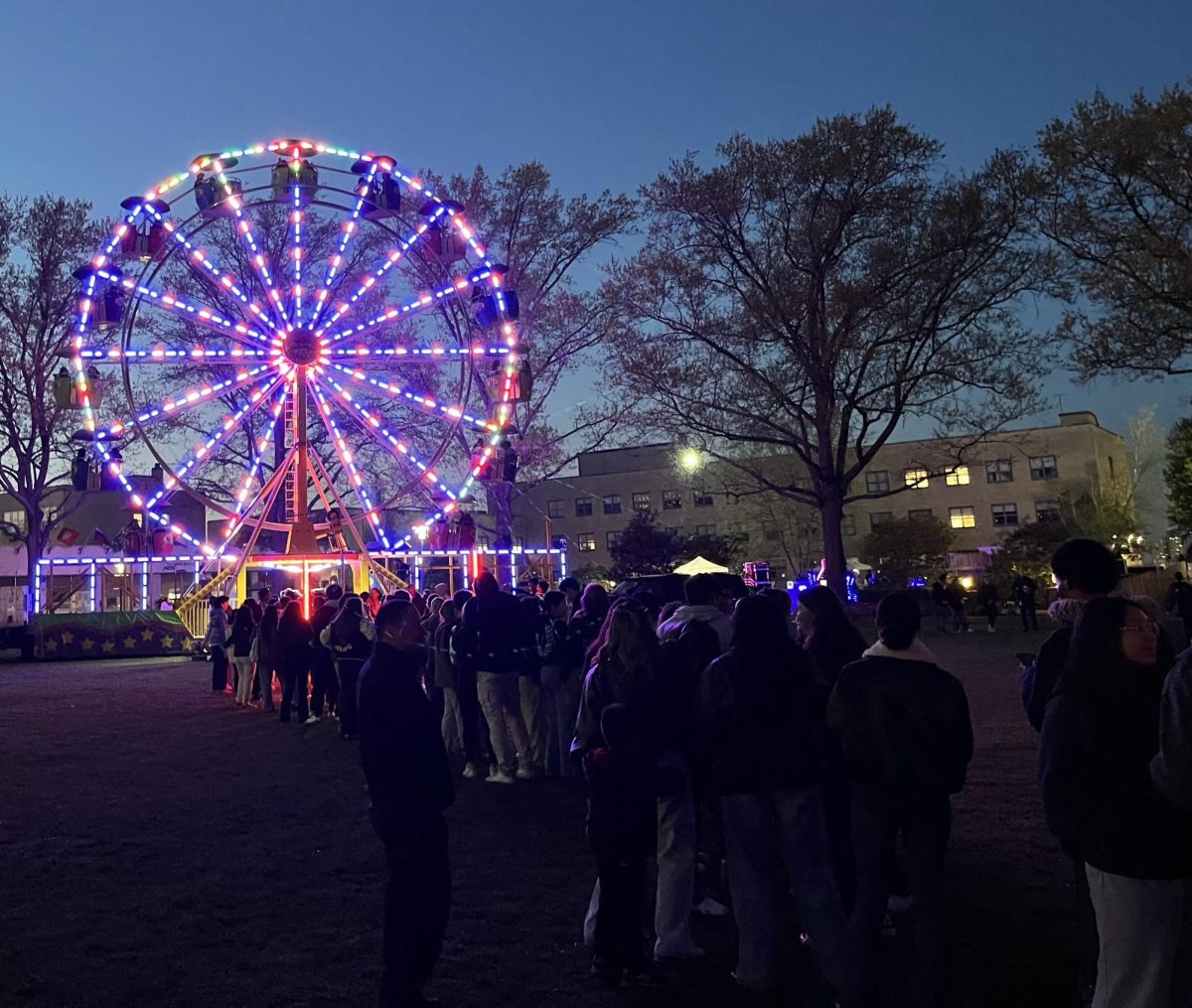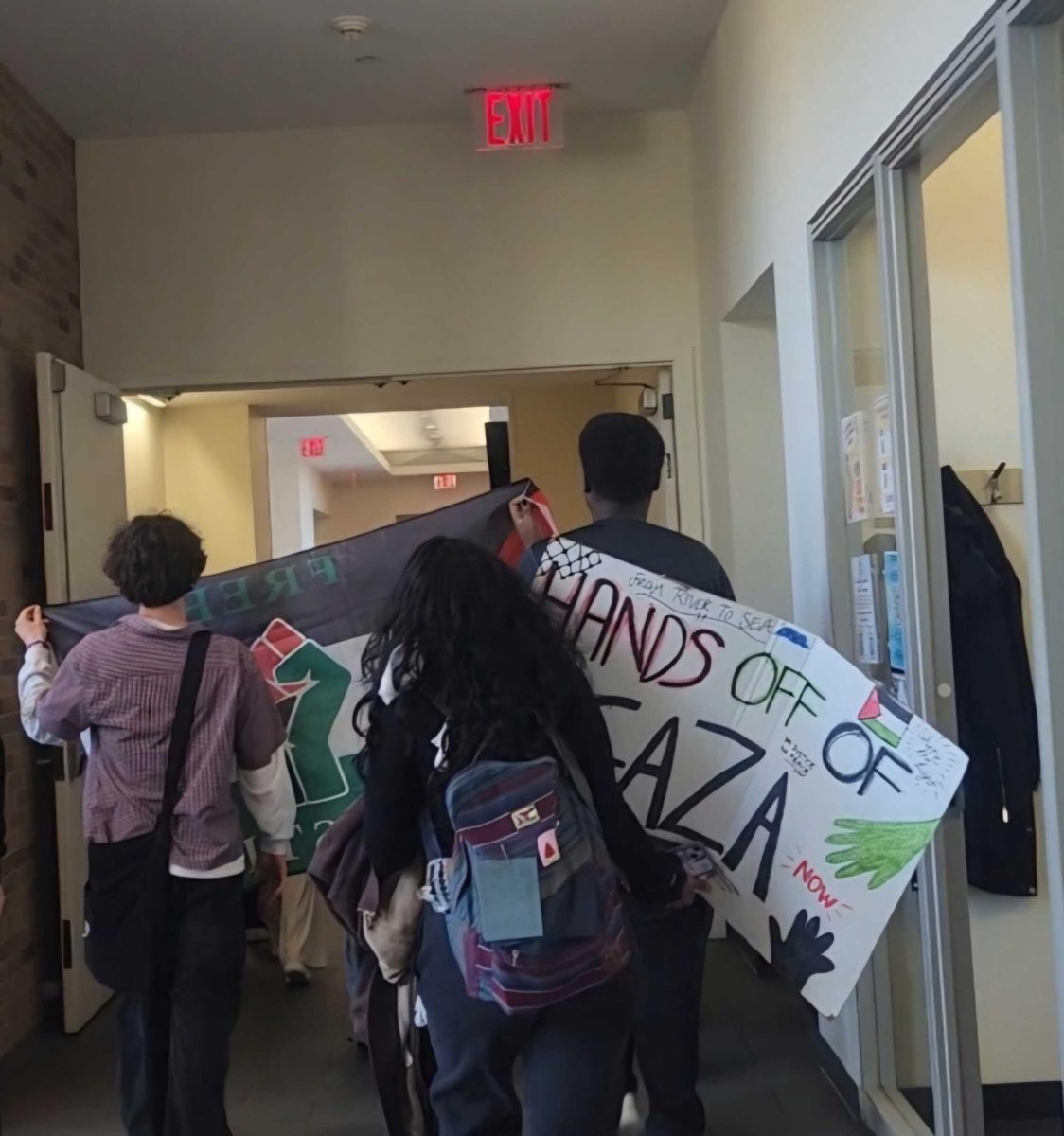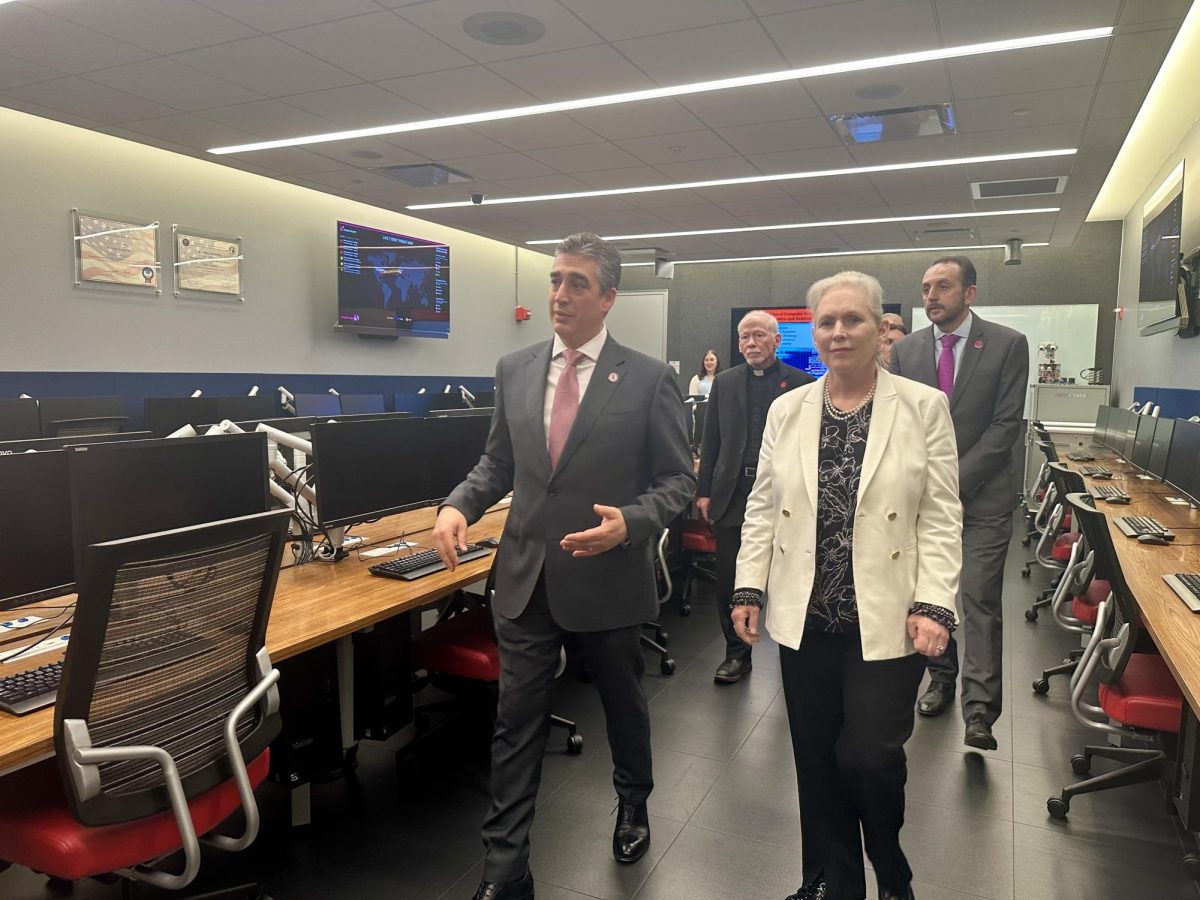“The right to vote is non-negotiable.”
These were some of the words that echoed throughout St. Thomas More Church on Tues. Feb. 5, spoken by Rev. Dr. William Barber. Students, faculty members and people of the community gathered in the surrounding pews to witness the second part of his Lecture series entitled, “Reading the Signs of the Times: What Does the November Election Say about America?”
The Fall 2018 midterm elections generated a wide array of historical wins at the federal, state and local levels. According to TIME magazine, nearly 800,000 people registered to vote this past September. While voters carried this enthusiasm to polls on Election Day, many Americans were not able to exercise their right to vote due to voter suppression laws in the country.
Attendees were welcomed with musical selections from the Voices of Victory Gospel Choir under the direction of Nigel W. Gretton and Assistant Musical Director Perth A. Phillip. As the audience was welcomed by Dr. Jeremy Cruz, an assistant professor of the St. John’s Theology department, and Kendall Clark, president of the Black Student Union, a pressing and attentive silence had fallen over the diverse congregation.
Following the theme of the series, “It’s About Right and Wrong,” Barber touched upon the blatant role that lawmakers past and present have played in suppressing Americans’ voting rights, especially those of vulnerable groups living in poverty. From beginning to end, the lecture focused on the effects of voter suppression in these communities and emphasized the rich history behind the morality used to justify their oppression.
Throughout the night, he emphasized the importance of coalition building to counteract the injustice waged on the rights of voters. While reciting the words from Dr. Martin Luther King’s 1957 address on the National Mall and Fannie Lou Hamer’s 1964 speech to the Democratic National Convention, Barber contrasted the past and present parallels of the discriminating practices and legislation used to keep Americans from casting their ballots.
“In the 21st century, voter suppression laws have become an increasingly popular strategy for restricting voting blocks that feature large numbers of voters of colors and the poor creating barriers to vote along race and class lines,” Barber said. “It is not about left versus right, it’s about right versus wrong.”
He went on to explain how the division of people along these lines are detrimental to collectively fighting against the establishment and connecting the experiences that contribute to a collective struggle with voter suppression.
“We all share in some form similar stories,” Yara Allen, Director of Cultural Arts and Theo-Musicologist at Repairers of the Breach, said. “That struggle, poverty, pain doesn’t have a color. If we look at it story-by-story instead of color-by-color, the intersectionality will be easy because we have connected on a more human level.”
The perspective on intersectional activism has garnered support from various organizations and was greatly noted in Barber’s lecture.
“Making those types of connections between voting rights, poverty, oppression, and environmental inequality are really important,” Dr. Natalie Byfield, associate professor of Sociology and Anthropology, said. “People sometimes think that their decision to vote or not vote, or to support legislation that promotes voting rights are isolated. But in fact, it’s tied to every element that allows us to function in this country. He seamlessly made the case. I don’t know how you hear this and not want to do something about this.”
While stressing the importance of coalition and a united front within the struggle, this lecture series came with an urgent call to
action.
“We must demand the immediate full restoration and expansion of the Voting Rights Act and end racist gerrymandering and redistricting,” Barber said as he closed his lecture.
Many students took the Reverend’s words as an opportunity to learn and understand the depth of voter suppression in the United States.
“I never really put together the connection between the other political implications that I knew,” senior Christine Nakagawa said. “It’s a very nuanced issue and this was very fulfilling. It’s really great that we have somebody of such high esteem come to our campus, especially to talk about issues that are considered controversial.”
Voices of Victory member Fahim Nousad added, “I completely agree that it is up to the youth of today and the generation to come to help shape this country and impact the next decade and the next century from now … History has been repeating itself as he said and it’s up to us even if it’s one or two people, or one or two percent of the country.”
Other students shared similar sentiments about acting to end voter suppression. “The most impactful part of his lecture was the call and response portion during which we sang and chanted ‘we won’t be silent anymore,’” senior Toby Chukwura said about the song that was led by Allen. “That reminded me of how I need to do more and use my own privilege and opportunity and opportunity for advocacy within my own community.”
After a brief question and answer period, students and faculty members were able to have their books autographed by Barber while further interacting with him.
Barber’s appearance comes at a time where many movements continue to organize around injustices that tie into voter suppression.
The next lecture of this four-part series is set for Thurs. March 21. The title for this lecture has not been announced, but more information will be made available closer to the date.












